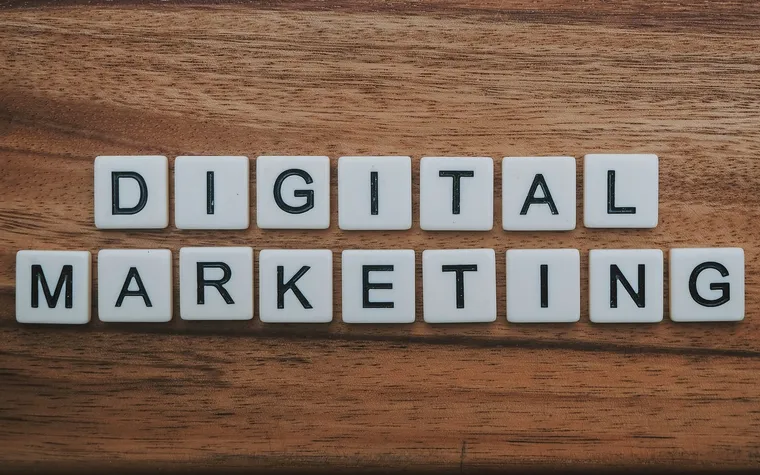Digital marketing has become a vital strategy for businesses aiming to thrive in today’s competitive online landscape. With more consumers turning to the internet for shopping, entertainment, and information, brands must establish a strong digital presence to stay relevant and connect with their audiences effectively. This shift has transformed marketing from traditional approaches to more interactive, data-driven campaigns.
Through channels like social media, email, search engines, and websites, digital marketing enables businesses to reach a global audience, track performance in real time, and adapt strategies for better results. The power of digital lies in its precision—targeting specific demographics and personalizing content to engage users on a deeper level.
What Is Digital Marketing?
Digital marketing refers to all marketing efforts that use the internet or electronic devices to promote products or services. It encompasses a broad range of strategies, including content marketing, email campaigns, SEO (Search Engine Optimization), social media marketing, pay-per-click (PPC) advertising, affiliate marketing, and more.
Key Components of Digital Marketing
1. Search Engine Optimization (SEO)
SEO focuses on improving a website’s visibility on search engines like Google. By optimizing site content and structure, businesses can increase organic traffic and reach users actively searching for relevant products or services. Keywords, backlinks, and mobile-friendliness all play a role in effective SEO.
2. Content Marketing
This strategy involves creating valuable, relevant content to attract and retain an audience. Blog posts, videos, infographics, and eBooks can establish authority, educate users, and guide them through the buyer’s journey without overt selling.
3. Social Media Marketing
Platforms like Facebook, Instagram, X (formerly Twitter), LinkedIn, and TikTok allow businesses to connect with users on a personal level. Social media helps build brand awareness, engage with followers, and drive traffic to other digital channels.
4. Pay-Per-Click Advertising (PPC)
PPC allows advertisers to bid for placement in a search engine’s sponsored links. With platforms like Google Ads or Facebook Ads, companies only pay when their ad is clicked, making it a cost-effective way to gain visibility and drive conversions quickly.
5. Email Marketing
Email remains one of the most effective digital marketing tools for nurturing leads and maintaining customer relationships. From welcome series to promotional campaigns, personalized and timely emails can boost engagement and ROI.
Benefits of Digital Marketing
- Global Reach: With digital channels, businesses can reach potential customers anywhere in the world, expanding market reach exponentially.
- Cost-Effective: Compared to traditional advertising, digital marketing offers a better return on investment, especially for small businesses and startups.
- Measurable Results: Analytics tools help track performance metrics like traffic, engagement, conversions, and ROI, allowing for data-driven decisions.
- Improved Targeting: Digital platforms enable advertisers to target users based on demographics, interests, behaviors, and more.
- Real-Time Interaction: Brands can engage with customers through comments, messages, and live content, creating stronger relationships.
Future Trends in Digital Marketing
Digital marketing is constantly evolving. Some emerging trends include:
- Artificial Intelligence (AI): AI helps automate tasks, personalize content, and improve customer service through tools like chatbots.
- Voice Search Optimization: As smart speakers grow in popularity, optimizing content for voice search becomes crucial.
- Video Marketing: Short-form videos, live streams, and interactive content are becoming dominant tools for engagement.
- Influencer Marketing: Collaborating with social media influencers remains a powerful way to reach niche audiences authentically.
Conclusion
Digital marketing is no longer optional—it's essential. Businesses that embrace digital strategies can better connect with their audiences, drive engagement, and achieve sustainable growth. Whether it’s through SEO, social media, email, or PPC, the digital world offers countless opportunities for innovation and success. With the right approach, any business can thrive in the digital age.

